Hi everyone! It’s Shauna here! I was recently on the blog to announce our new limited edition print, “For Evergreen” digital print, which you can purchase here from the Jilly Digital Shop! 100% of the sales of this limited edition print will go towards the Raincoast Conservation Foundation, which will help protect the Coastal Douglas-Fir forests along the coast of BC. I highly recommend snagging one before it’s gone for good on May 1st. Now, I’m not stopping there; today I wanted to share some valuable information when it comes to climate change. In today’s age of social media where everyone and their dog (literally) has a platform to share their thoughts and opinions on absolutely anything and everything it’s easy to get lost in misinformation, so I thought there’s no better way to celebrate our earth than busting some popular myths about climate change.
First things first, what is climate change? By definition climate change refers to long-term shifts in temperatures and weather patterns. These shifts have been for the most part natural, such as the changing of the solar cycle, or seasons. But since the early 1800’s human activity has been the main contributor to the changing climate due primarily to the clearing of land and burning of fossil fuels.
Alright, let’s get into it, I’m starting off with the most common misconception I hear all the time…
Myth #1: It’s normal for the earth’s climate to change, it’s been happening for thousands of years
The earth has been around for a VERY long time, and during that time the climate has changed, alot, so this statement isn’t necessarily wrong. Although what it doesn’t take into consideration is that the rapid warming we are experiencing now is completely unprecedented in the earth’s 4.5 billion year history, what would normally take hundreds of thousands of years is happening in just a few decades.
It’s convenient to assume that human activity doesn’t contribute to the rising temperatures because it wouldn’t warrant a change in our behaviour. However when we look at the data we can see that since the industrial revolution CO2 levels match perfectly with the rising annual temperature. Natural causes such as fluctuations in the earth’s orbit, volcanic activity, and the variances in the sun’s temperature simply cannot account for the rise in global temperatures. In fact temperatures have been at their highest since records began. In fact, 17 of the 18 warmest years on record have taken place just in the last 20 years.
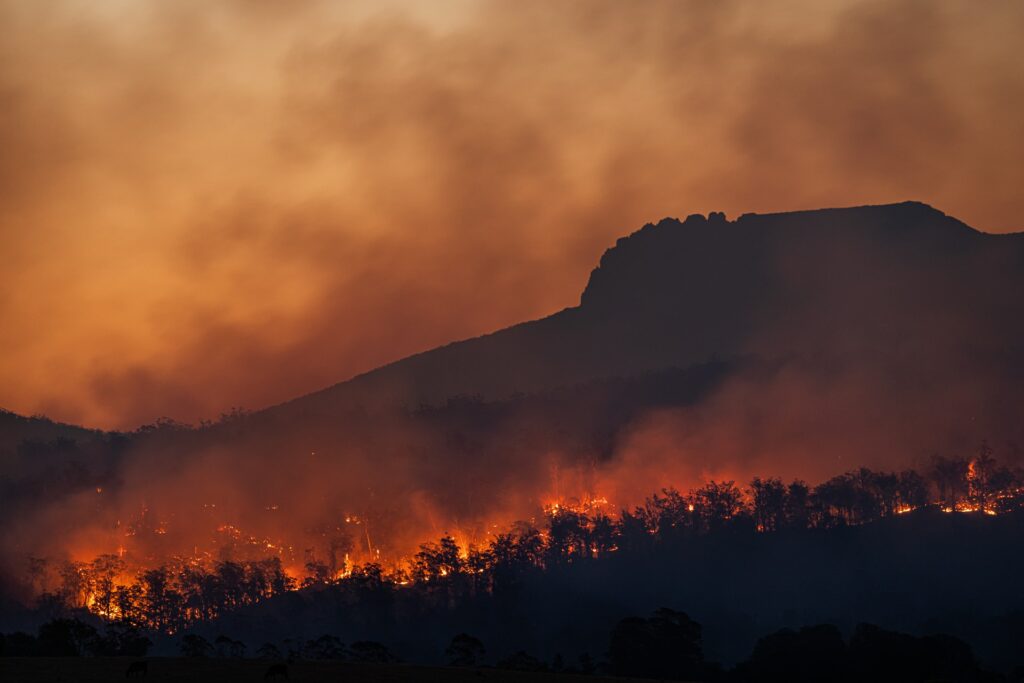
Myth #2: It’s still cold so global warming must not be real.
You’ve probably heard the term “global warming” before and it seems a bit contradicting to read about while it still dips down to -20°C or colder outside! Global warming refers to the increase of the earth’s average surface temperature, when this happens we not only experience more droughts and heat waves but also changes to our natural climate system, and that’s where the term climate change comes in. Changes in our natural environment result in more severe weather systems, so hurricanes, tornadoes, and floods will happen more frequently and aggressively. Along with more catastrophic storms you can expect decreased biodiversity, rising sea levels, water scarcity and severe fires. Here in BC we are experiencing the effects of these changes firsthand in the form of increased annual wildfires and flooding.
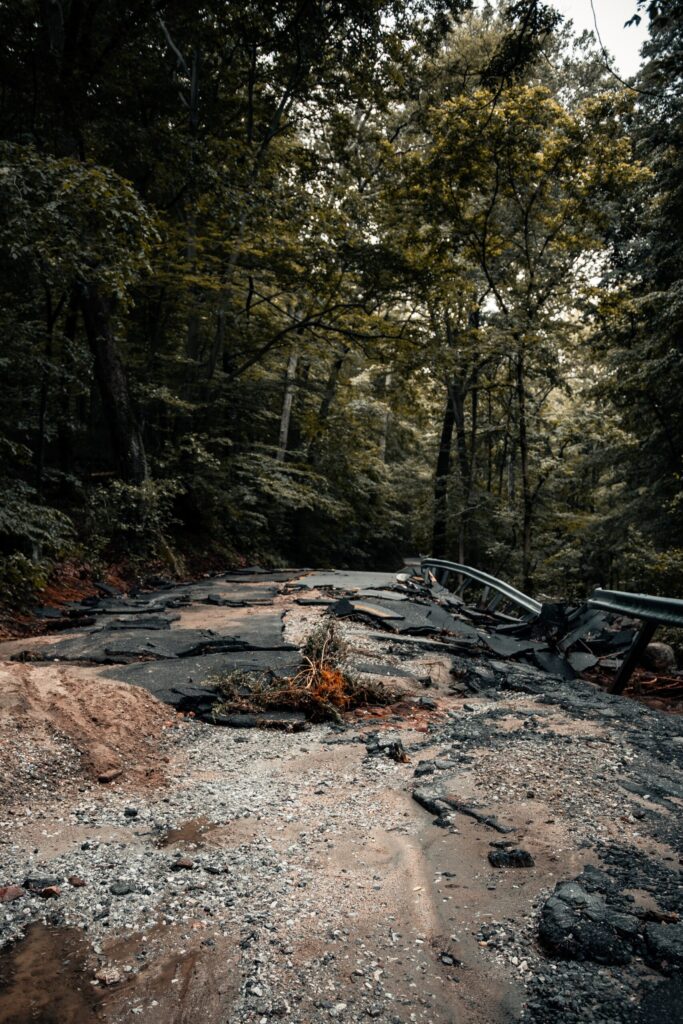
Myth #3: Climate change can’t be proven to be caused by human activity.
Currently the earth is about 1.1°C warmer than it was in the 1800s, now 1 degree doesn’t seem like much, but if you consider how massive the surface of the earth is, including the vastness of our oceans, it takes a tremendous amount of heat energy to raise the temperature even a slight amount. Climate scientists state that humanity’s goal should be to stay below a 1.5°C increase to avoid devastating impacts. There is without a doubt that humans have been producing a significant and unnatural level of CO2 and methane into our atmosphere ever since the industrial revolution. We can attribute this to data-sets related to annual global temperature increases. ow you may be saying “ok, but the earth naturally produces its own CO2 all the time, volcanoes for example”. Well humans actually produce 100 times more CO2 than any recorded volcanism. In fact, all forms of natural causes combined would only contribute a tiny fraction of total global emissions.
Myth #4: Climate change is a problem for the distant future.
At this point it’s impossible to ignore the effects of climate change. We’re in a very unique situation that is unprecedented in all of human history where we are actually experiencing the consequences of man-made climate change in real time. If we continue on our current trajectory we would only be making things harder and more complicated for our children and grandchildren, and the disasters we are experiencing at an unnatural rate today, such as global food shortages, increased migration, conflict, diseases and overall global instability, will continue to get worse if we don’t make the necessary changes now.
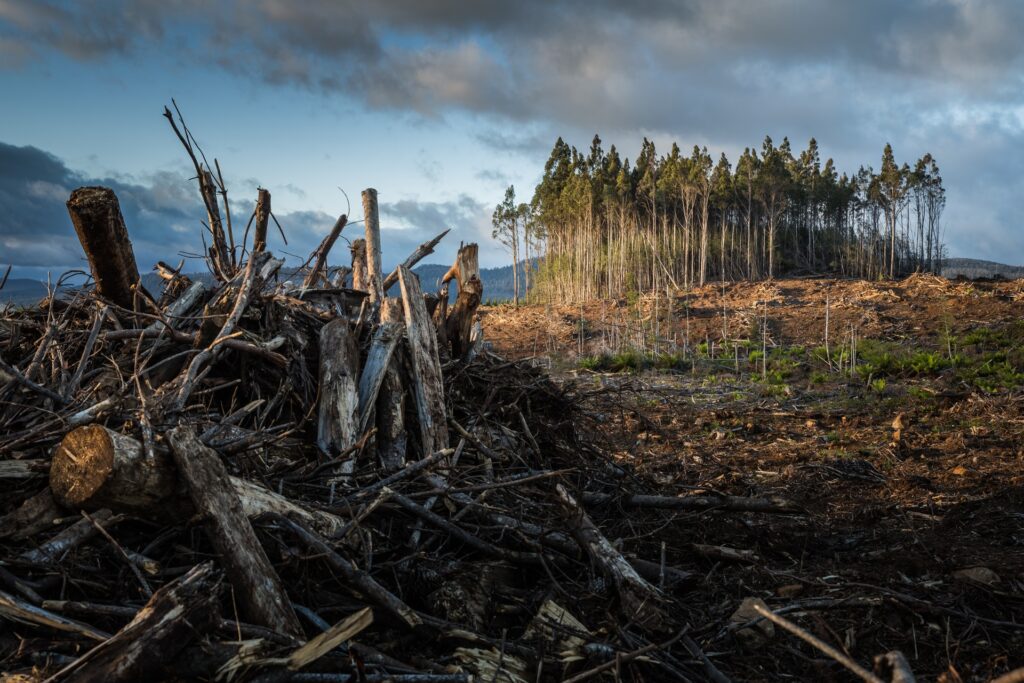
Myth #5: Change won’t help, it’s already too late.
On the flip side I hear folks say “Well, there’s no point in changing now, we’re past the point of no return on climate change”, and I’m guilty of feeling that way sometimes as well, but it is actually just downright false. Leading climate scientists have multiple tipping points that they are constantly researching to predict when temperatures will cause certain devastating outcomes, but there is no definitive point in time where we pass the point of no return. Simply put, everything we do today to mitigate the effects of climate change will make our situation better and everything we don’t do will make it worse. The most recent IPCC report stated that humanity is currently not on track to keep climate change within that 1.5°C range, but it is better than the 8°C prediction that came out a couple decades ago. And the reason why the earth isn’t currently the equivalent of an unliveable baked potato is because scientists and climate activists have been working tirelessly, for decades, to make sure that doesn’t happen, now or ever. Feeling hopeless is a totally understandable feeling when we’re faced with studies and reports showing all the doom and gloom in the world, especially surrounding climate change, but it’s important to remember that there are people out there who are doing amazing work and we’re fortunate enough to have recognized our mistakes so we may learn and act on correcting them.
Myth #6: Renewable and clean energy is unreliable and expensive.
Now this is a very commonly held belief, and the reason is simply that people in power are still profiting by backing the companies behind fossil fuels. Fossil fuel firms have been doing “a great job” of making environmental concerns seem elitist, claiming cutting oil use for renewable energy would make poverty reduction harder. Furthermore they’ve been pushing doubts about the science behind climate change and working to influence the public’s view of fossil fuels in the economy. Those in power are also the least likely to experience the effects of climate change. Low income, POC, and marginalised communities across the globe are losing homes, access to food and medicine, and even their own health is in jeopardy. In truth, Solar power and onshore wind are the cheapest way to generate electricity; meaning the energy they produce is actually cheaper than nuclear, gas and fossil fuels. In fact, the cost of renewable energy has dropped below what anyone has predicted, yet most governments still continue to back non-renewable fossil fuel companies. Acting on climate change is not something that would ruin the economy, despite what people may say, shifting to a greener economy could lead to a direct economic gain of $26 trillion and this could produce over 65 million new low-carbon jobs. Sustainable agriculture and strong forest protection could also generate over $2 trillion per year of economic benefits. We’ve made huge advancements in clean energy technology and continue to do so everyday, although the initial upfront cost in integrating greener technologies would be significant, the economic benefits alone would prove worth it.
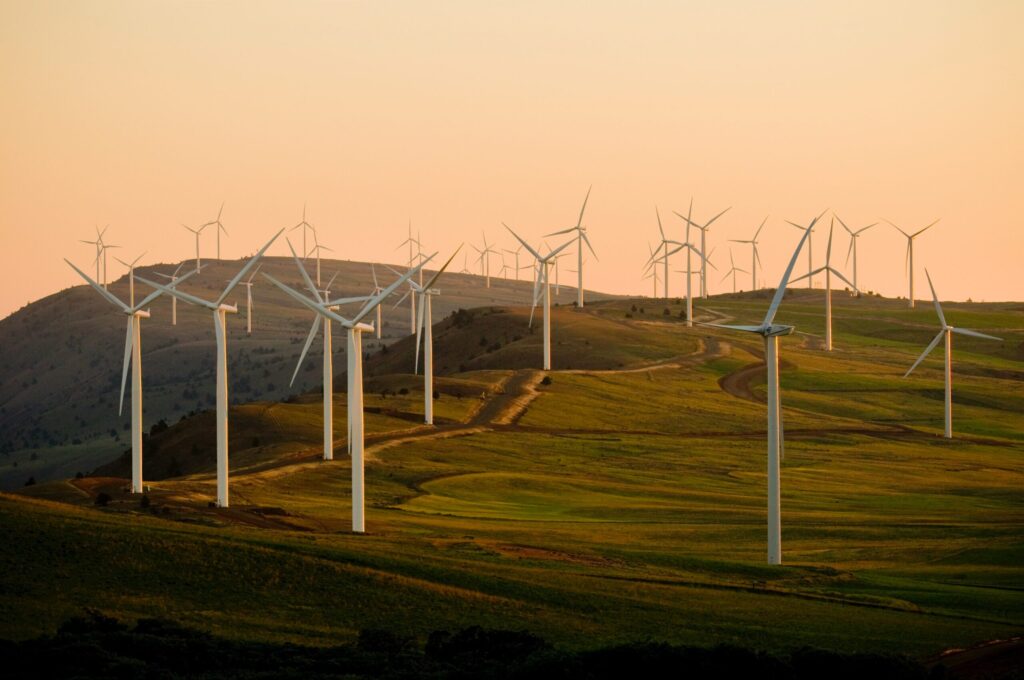
Myth #7: I’m only one person; there is no way I could possibly make a difference.
Climate change is of course a global problem and it’s so easy to feel small with everything going on in the world, but I’m here to tell you it is 100% possible to make a big difference. It’s important to remember that your voice has an impact, and if you’re passionate about something people will listen. One thing we can do is determine the root of the issue, who and what is responsible for climate change? Well, starting with a rather obvious one; fossil fuel companies, 70% of the world’s greenhouse gas emissions over the previous two decades are attributable to just 100 fossil fuel producers. Wealthy countries and individuals also play a huge role in climate change, the world’s richest countries have released the vast majority of emissions, and many continue to emit many times more than poorer ones. Then there is the idea that collectively it is “all of us”, which is technically true, for many of us, the products and energy we consume can be linked to a noticeable portion of total emissions. But it is crucial to also acknowledge that we are all part of a bigger system that not everyone is equally complicit in holding up, in today’s market if you can only afford a house outside city limits with no access to public transportation, is it really your fault that you’re now dependent on a car? We can sit here and point fingers all day but that wouldn’t get us anywhere, real actionable change needs to take place regardless of who’s responsible. And that starts within our governments and policymakers, making your voice heard by electing the appropriate representatives is something we can all do. Supporting environmental organizations, whether that be financially or by participating in local initiatives, is another way you can get involved. There are so many groups of people doing amazing work restoring and protecting the land, waters and wildlife all around the globe. Thirdly, making small but thoughtful changes in your everyday life can reap huge benefits. Some things you can implement daily is ditching the single-use plastics, walk, bike or take public transport if you can, switch to reusable and eco-friendly products, limit energy and water consumption by turning off the tap, lights and furnace when not in use. Supporting local farms and businesses is a great way to help the environment while also giving back to your community. Collectively if all of us implement small changes it can make such a massive difference, and remember it’s better to have 100% of people doing this imperfectly rather than 10% doing it perfectly.
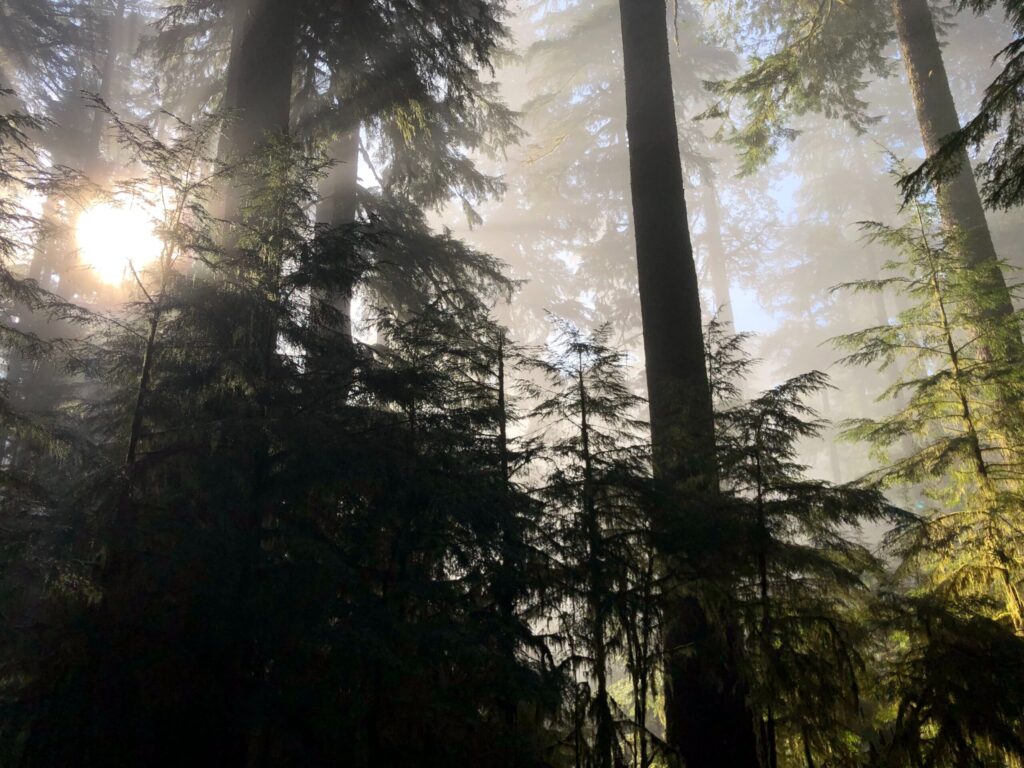
Staying informed and listening to the experts is critical in this day and age, information has never been so accessible and therefore misinformation is rampant. Paying attention to potential biases and not giving into clickbait headlines is critical, especially when it comes to climate change. Remember all of us are in this together and we all share such a profound bond with everything on this planet, including its forests, waters, and wildlife.
If you can, I also encourage you to check out our “For Evergreen” print, where your purchase will go towards protecting this place we call home!
XO
Shauna

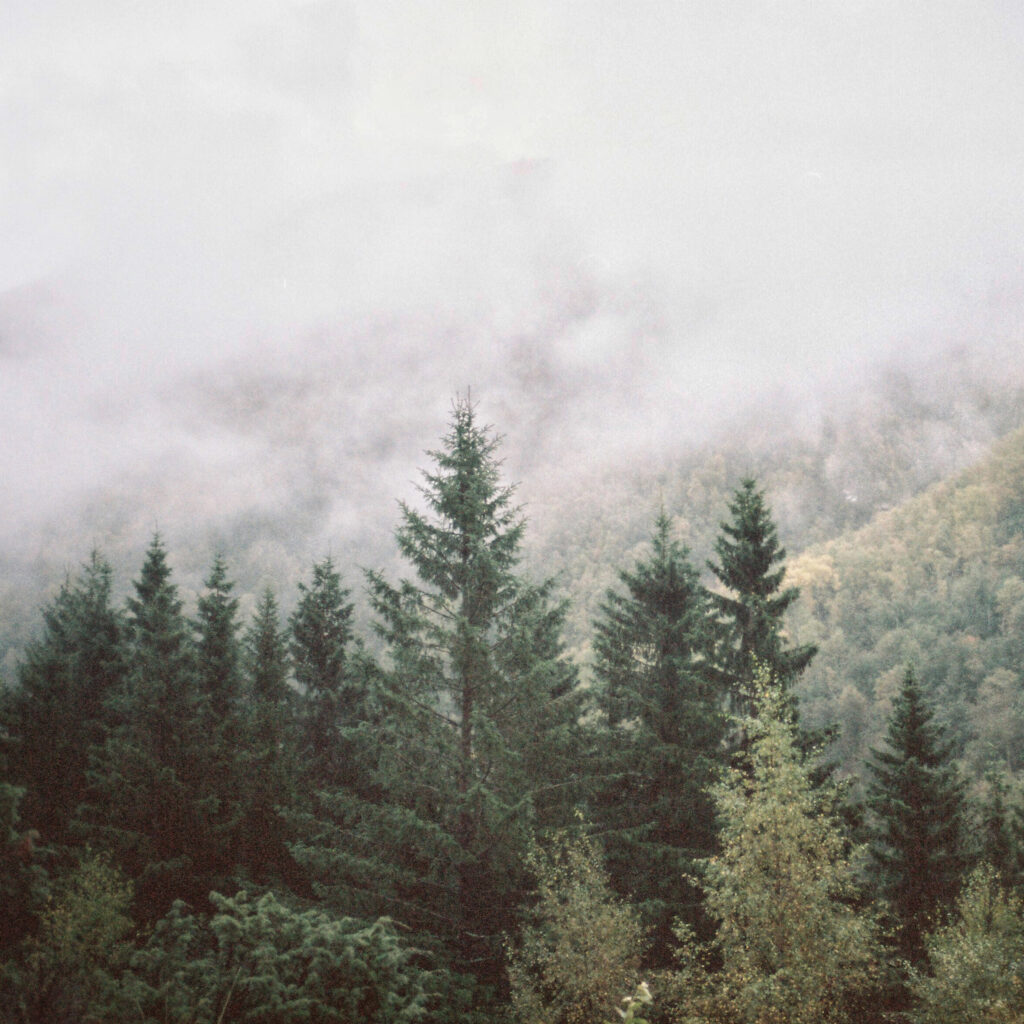


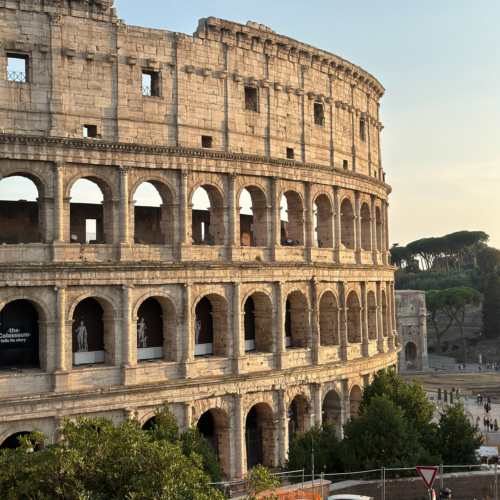
👏👏👏👏👏👏